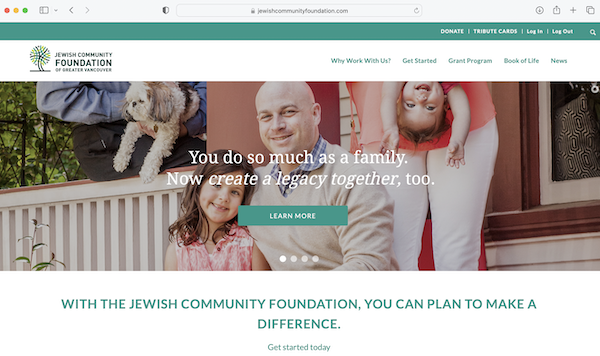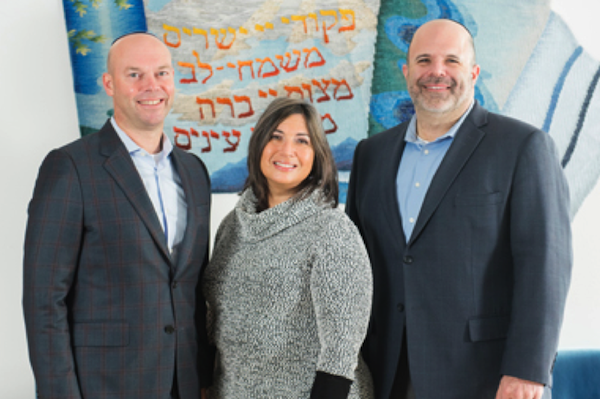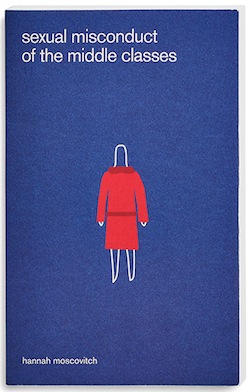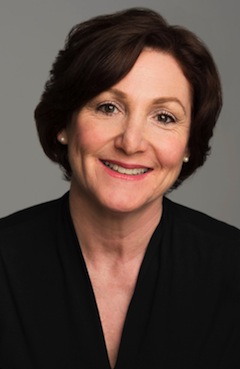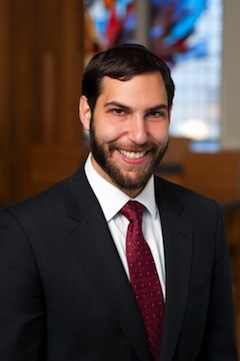Creating an endowment fund with the Jewish Community Foundation is not solely an enterprise taken on by high-net-worth individuals and families. (screenshot)
Established in 1989, the Jewish Community Foundation now has more than 350 endowment funds and $85 million in assets under management. Marcie Flom, the executive director of the foundation, told the Independent that creating an endowment is not solely an enterprise taken on by high-net-worth individuals and families – anyone with a desire to put a fund in place can do so.
“The foundation tries to impress upon individuals and families in the community the importance of perpetuating their lifetime of community participation and giving, so that their children and grandchildren will have a community centre, camps and day schools to go to,” Flom said.
The foundation offers many different options and works with a broad range of community members – each with their own economic circumstances – to establish an endowment fund. Together, they ascertain what is important to the community member.
“I have a personal meeting to try and understand what their objectives are, what they are trying to accomplish. Are they thinking about doing this in their lifetime or after their lifetime? And I would ask such questions as, would they want to involve their children during or after their lifetime? Is teaching tzedakah one of their objectives?” Flom explained.
To illustrate, if a person wanted to support a synagogue and ensure that the shul will still be economically viable for their children, they could set up a designated fund for that purpose. This would be done by making a bequest through their estate, meaning there would be no cash outlay during their lifetime.
There also are donor-advised funds, with which the foundation can help people direct support to issues and needs that are of concern to them. The fundholder is entirely in charge but the foundation can help match the holders’ interests to organizations addressing those issues and needs.
“We have a strong knowledge and understandings of what the needs are through our association with the Jewish Federation of Greater Vancouver, their planning council and the community-convening work that we do,” said Flom. “We can help donors make their philanthropic decisions and direct their support where it is really impactful and meaningful for them.”
Further, members can create unrestricted funds. Here, the foundation calls upon charitable organizations within the community to submit proposals for funding. This granting process provides timely support to a wide range of pressing, emerging and ongoing community interests and needs.
“When we were in COVID and were hit with unprecedented needs and change, those unrestricted funds were invaluable because we could respond in real time and put resources where they were most needed in the community,” Flom said.
Currently, with issues such as rapidly rising inflation, food insecurity and housing affordability affecting many in the community, unrestricted funds allow the foundation to be nimble.
“Unrestricted funds have the most flexibility for the foundation to work in partnership with the organizations that are delivering the services, such as Jewish Family Services and Tikva Housing,” Flom said.
The various funds can be created in numerous ways. For example, a person in their 50s on a modest income may have taken out a life insurance policy in their 30s. This person could decide that, upon their passing, the net proceeds of the policy should go to a legacy fund. There would be no cash outlay for them and they would receive an annual tax receipt for their premium payments.
Another choice is for a family to pledge $1,000 a year for 15 years to build up a fund. By making that donation, they would also be receiving a tax credit while the fund grows.
Or, individuals who consider themselves “asset rich but cash poor” could leave a bequest from their estate to add to the fund they started during their lifetime.
“We all care about our community and we all have a role to play in supporting and nurturing it, and the foundation provides a number of ways to do that. The foundation is in tune with the needs of the community and can help donors to really have an impact with their grants,” Flom said.
“We have so many people who are committed to maintaining and growing our community, to making sure it is really strong and healthy and that next generations are engaged in community. We are so fortunate to have a very generous community that helps sustain us,” she said.
According to the foundation’s website, more than $3.3 million in distributions were made in 2020/21, supporting a range of community organizations, programs and services. For more information, visit jewishcommunityfoundation.com, call 604-257-5100 or write [email protected].
Sam Margolis has written for the Globe and Mail, the National Post, UPI and MSNBC.

